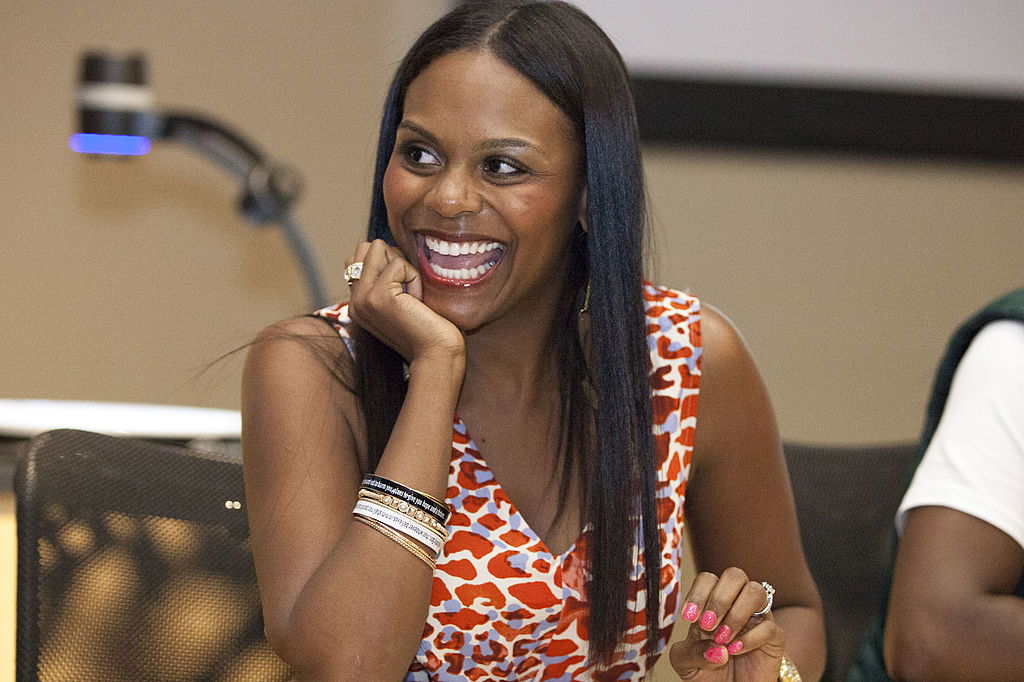Journaling is a meaningful exercise to help make sense of your emotions. Self-reflection enhances your self-awareness, which is necessary for personal growth. Writing about your thoughts and feelings can help transform your experiences into learning opportunities, while cultivating deeper gratitude and encouraging a more profound understanding of the events in your life.
Journal Prompts to Evaluate Personal Growth
The following 10 journal prompts invite you to dive deeper into specific areas of your life that are important to look back on as the year comes to a close—such as relationships, achievements, challenges and lessons learned, as well as hopes for the future. Taking time to look back on the year allows you to understand the decisions you made, why you made them and how you want to implement this newfound clarity into your life moving forward.
1. What achievements from the past year are you most proud of? Reflect on the challenges you faced and how they contributed to this success.
Looking back at the achievements you experienced this year can foster a greater appreciation toward them, which can help deepen your assurance in yourself to continue pursuing your goals. It can also help encourage you to keep pushing despite the challenges faced, for those successful moments serve as proof that hard work and perseverance come with great reward.
2. What was the biggest challenge you faced this year? How did that challenge help shape your discipline and motivation?
Of course, this year may not have been all smooth sailing; there were definitely some challenges. However, according to CozyJournalStudio, reflecting on challenges can bring the opportunity for growth, learning or even a shift in perspective regarding the way you view obstacles.
3. What is the biggest lesson you learned this year? How do you plan to carry that lesson into the next year?
Ruminating on the lessons learned this year can bring you back to the challenges you faced. A good way to approach those challenges is by introspecting about how those circumstances shaped your understanding of yourself and how you handle the highs and lows of life.
4. When did you feel the most content this year? Think back on the occasion and who you were surrounded by at that time.
Revisiting happy moments is a great way to feel grateful for what has happened this year. Recalling the events and the people you were surrounded by can help bring hope and excitement for something similar in the following year.
5. What relationship grew the strongest this year? Reflect on the circumstances that led to this growth.
According to an interview conducted by Syracuse University with positive psychology expert Jaime Weisberg, a main reason why relationships are important is that the quality of our relationships is the single biggest predictor of our happiness. Having strong connections with others contributes not only to emotional well-being but also to physical health and longevity. Having support, feeling connected and having a sense of belonging elevate self-worth and positivity, which can amplify happiness.
6. What relationship do you wish had been better this year? How can that relationship improve in the upcoming year?
Healthy relationships are important because the neurobiology involved in social connections, such as the release of oxytocin, further underscore how deeply humans are wired to seek and maintain relationships, reinforcing their essential role in our overall well-being.
7. What day of the year stood out to you the most? Was it a good day or a bad day? Explain why that particular day impacted you so deeply.
Out of 365 days, there must have been a day that stood out to you. Sometimes, when recalling all the days of the year, things can get muddled, but focusing on a specific day that left a lasting impression can help provide some clarity.
8. What do you regret the most this year? How can you address that regret in the upcoming year?
According to Psychology Today, a main reason to look back on regrets is that doing so can provide valuable insights and learning opportunities that can help individuals make better decisions moving forward. By examining past regrets, we can identify what we want to change or improve in our lives, which can help in creating our resolutions for the new year.
9. If you could change one thing and keep one thing from this year, what would they be? Ponder your reasoning behind these choices and how you plan to carry them into the next year.
Thinking about aspects of your life that you wish to change is a healthy part of the human experience. Acknowledging your regrets and learning from them can also encourage you to avoid repeating past mistakes and put forth greater effort toward your goals.
10. Describe 2024 in three words. Reflect on the reasoning behind your choice of those three words.
Limiting your experience of the year to just three words can serve as a valuable form of introspection, allowing you to summarize how the year has been for you. This exercise not only helps encapsulate your experiences, but also provides insights into areas you may wish to improve or preserve for the coming year.
Photo by Ground Picture/shutterstock.com





